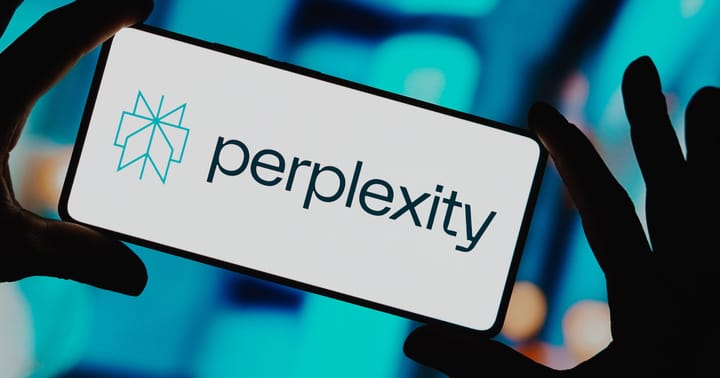OpenAI is Contemplating A Transition To A For-profit Corporation
Discussions on restructuring are still in the preliminary phases and may evolve. Sam Altman and the board might decide on a different course, indicative of the tentative status of these talks.

OpenAI, a prominent artificial intelligence firm, is reportedly considering a major change in its governance structure to transition into a for-profit corporation, as reported by The Information. CEO Sam Altman discussed this possible transformation with shareholders last week.
The discussions indicate that OpenAI might transform into a for-profit benefit corporation, a model already utilized by industry peers such as Anthropic and xAI. A benefit corporation allows companies to balance public benefits with shareholder profits, ensuring a broader range of stakeholder interests are considered.
Discussions on restructuring are still in the preliminary phases and may evolve. Sam Altman and the board might decide on a different course, indicative of the tentative status of these talks.
"Our dedication is to develop AI that benefits all. The nonprofit aspect is integral to our mission and will persist." This declaration emphasizes the organization's allegiance to its original mission, notwithstanding deliberations on alternative organizational structures, according to OpenAI
The consideration to become a for-profit corporation comes when OpenAI is actively expanding its board. Recent appointments include Sue Desmond-Hellmann, former CEO of the Bill and Melinda Gates Foundation; Nicole Seligman, former Vice President of Sony; Fidji Simo, CEO and Chair of Instacart; and Paul Nakasone, retired U.S. Army General and former Director of the National Security Agency (NSA).
Should OpenAI transition to a for-profit model, the change could substantially affect its operational strategies and governance. Such a shift would bring OpenAI into closer alignment with other for-profit AI companies, possibly enhancing its financial flexibility and capacity to draw investments.




